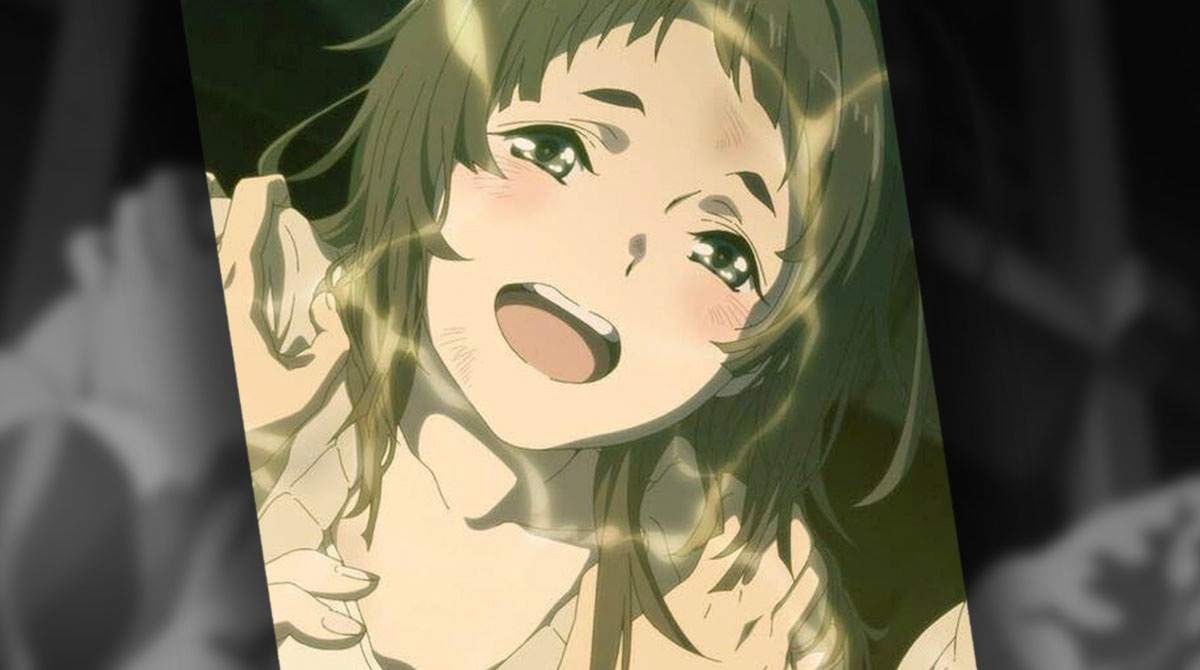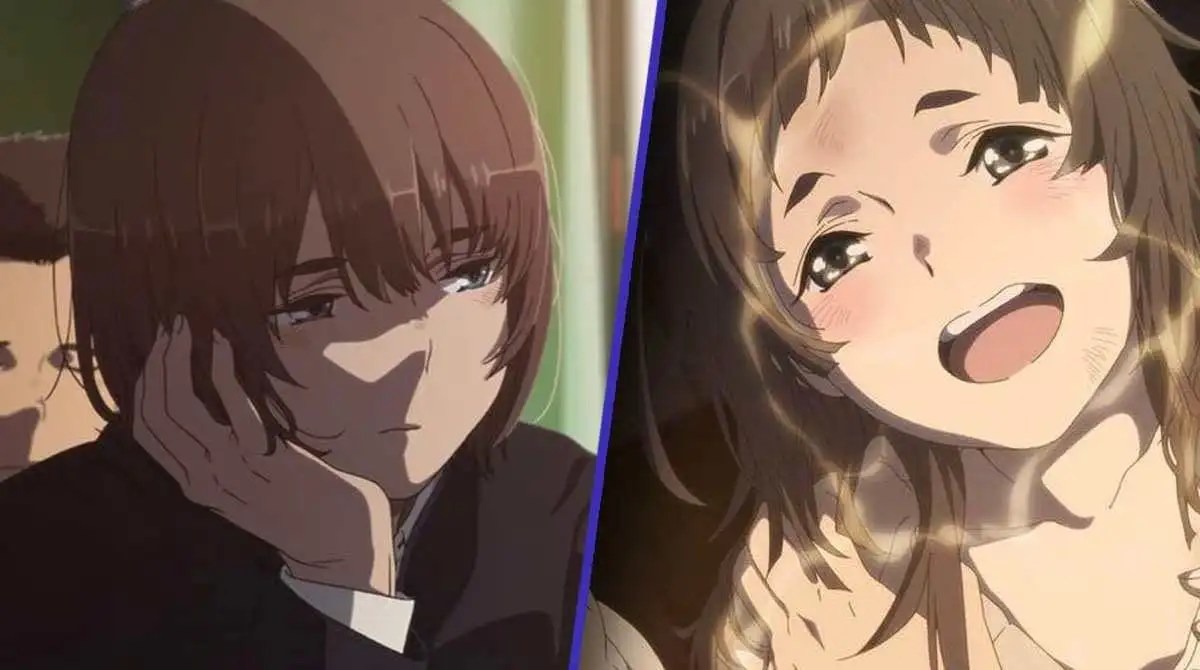In a town where nothing changes due to fear of angering the Sacred Machine (Gods), a young boy’s emotions create turmoil. As his reality starts to crumble around him, it becomes apparent that this upheaval might lead to greater good.
The ending of Maboroshi raises profound existential questions about love and the aim of reality, though it leaves viewers with some plot holes and underdeveloped storylines that may confuse them.
Life in this unchanging world is characterized by the mundane and unfulfilling routine everyone follows, hoping things will eventually return to normal. However, Masamune’s journey of self-discovery and belief challenges the status quo, flipping everything on its head.

As the film progresses, it becomes clear that the town exists in an alternate reality crafted by the Gods. The inhabitants start to perceive the reality they long for, leading to deep feelings of depression as they grapple with the idea that they may not be real, and their emotions may not hold any validity.
Masamune experiences genuine love and believes his feelings to be authentic. Yet, it is Itsumi’s emotions that have an impact on the town.
The Climax of Maboroshi
As the film nears its conclusion, the characters realize that Itsumi needs to be returned to her reality to restore balance. A dramatic train ride accompanied by a heartfelt monologue about love helps her return home safely, and life in the town finally returns to normal.
In the final scenes, a young girl or woman strolls around an old, abandoned steel factory. While playing there, she reflects that this is where her heart was first broken. It is implied that this is an older Itsumi, and she appears to be happy and at peace. The question remains: Is this yet another reality?
What Happened to the Town?
A devastating factory fire cursed the town, causing it to stagnate and never change. This scenario echoes real-life tragedies, such as the Chernobyl disaster and the COVID-19 pandemic—moments in time when people were trapped and confined. The townsfolk are unable to leave, while outsiders cannot enter, leading to an unchanging existence.
The residents believe they must seek forgiveness from the Sacred Machine to restore their previous way of life. This belief changed when they see a wolf-like shadow seep through the cracks in the sky, which tragically results in the death of a girl. The town’s fate then rests on the shoulders of a girl from an alternate reality who should not be there.
Once Itsumi returns to her original reality, the town can begin to flourish again. The explosion is still part of the story, as seen in the final scenes where the girl walks through the remnants of the destruction.
Who is Itsumi?
The peculiar wolf girl introduced at the start turns out to be a stowaway from another reality. Rather than returning her, the powerful beings at the factory decided to keep her as a gift from the Gods and hid her away. They soon realized that her emotions directly affected the happenings in their reality, leading them to confine her so she wouldn’t feel anything, thus preventing any changes.

Itsumi’s growing affection for Masamune causes disruptions in the town, leading to plans to send her back on the train. Interestingly, she is revealed to be Masamune’s future daughter in another reality, which adds a strange twist to the story.
One aspect that feels confusing is why she matures physically but not mentally in this alternate reality. This inconsistency feels odd and somewhat ridiculous; it would have been more effective if her character had been allowed to develop mentally as well, providing stronger dialogue to move the plot along more swiftly.
Does Love Conquer All?
Throughout the film, subtle flirtations and hints of romance emerge. Masamune struggles to understand and experience love, feeling confused by the girls around him.
He finds himself drawn to his classmate Atsumi and makes a heartfelt confession of love during a romantic moment in the snow. Their kiss shatters the sky, causing deep cracks to form throughout the town, while Itsumi observes and feels a sense of heartache.
She doesn’t recognize that it is her father, but does she find herself in love with him? This idea is perplexing, but the turmoil in her emotions takes precedence.
Once Itsumi passes through the tunnel, peace and reality return to the town. A message reads, “We are alive,” while scenes of joy depict the townspeople basking in the sunlight, experiencing the joy of living for the first time in ages.
In that sense, love does indeed conquer all, as the powerful emotions of love and affection drive the characters to make the choices that finally restore their reality.



